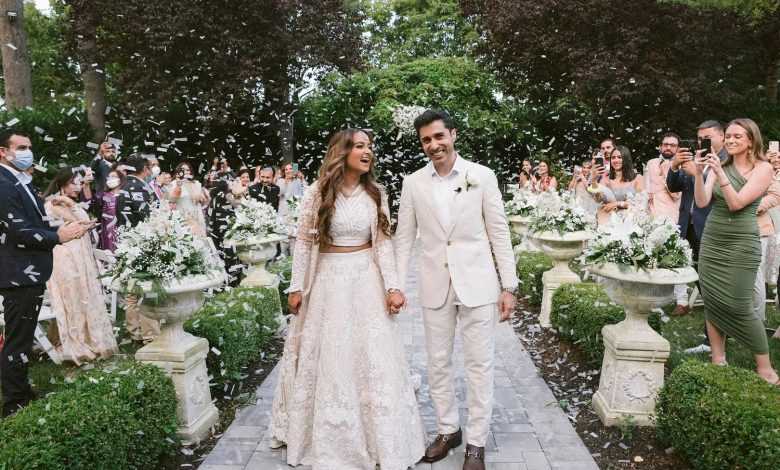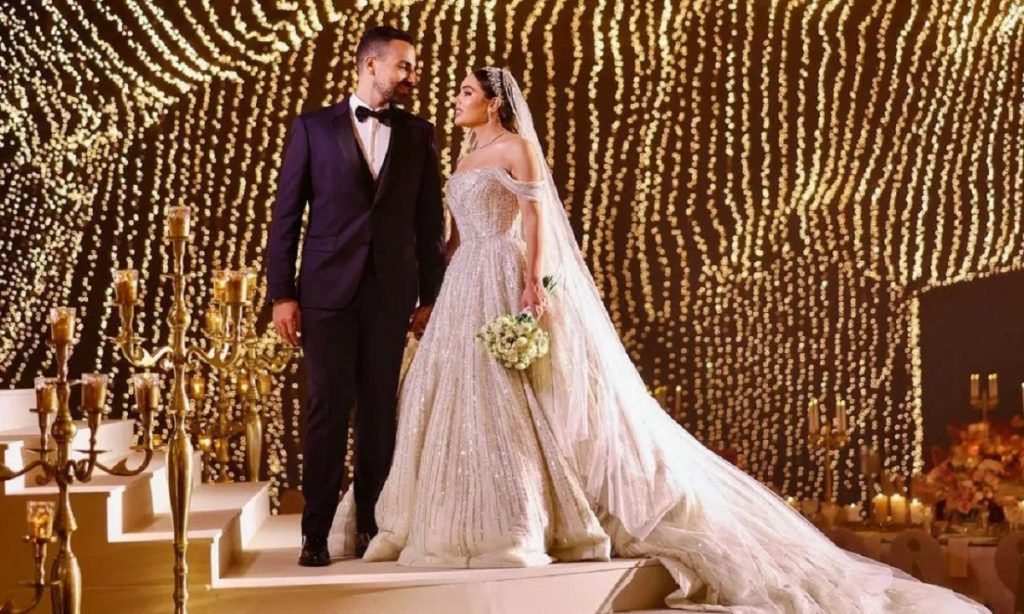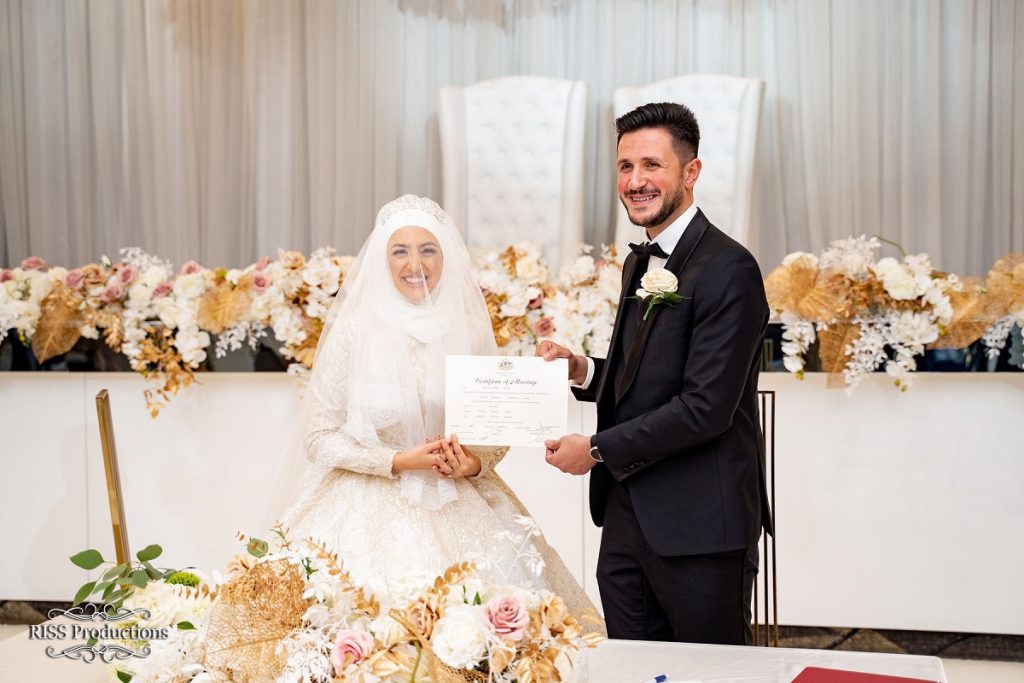Arab Weddings in the U.S.: Tradition, Heritage, and Modern Blends
Explore how Arab weddings in America combine traditional customs like the zaffa and henna night with modern American wedding traditions.

Arab weddings are some of the most vibrant and symbolic cultural celebrations, rich with music, food, and centuries-old traditions. In the United States, Arab Americans continue to preserve these customs while also adapting them to the diverse, multicultural society around them. From elaborate ceremonies to family gatherings, Arab weddings in the U.S. represent a beautiful blend of heritage and modern lifestyle.
In communities such as Astoria’s Little Egypt in New York, where food and culture are deeply rooted in identity, weddings are more than social events—they are celebrations of Arab heritage, family unity, and cultural pride passed down through generations.
Traditional Customs
Arab weddings often begin with pre-wedding traditions that vary by country of origin. In many Levantine and North African families, events like the henna night (laylat al-henna) are held to bless the bride, while Palestinian and Lebanese families may hold festive gatherings with music, dancing, and food days before the official ceremony.
The zaffa, a lively wedding procession with drums, singing, and dancing, is a hallmark of Arab weddings. In the U.S., zaffas are frequently performed by professional groups to preserve this tradition. The energy and joy of the zaffa reflect the communal spirit of Arab marriage celebrations.

Venues and Community Spaces
Arab weddings in the U.S. often take place in banquet halls, hotels, or community centers, but many families also host receptions at local restaurants and cultural hubs. In New York, for example, restaurants in Astoria’s Little Egypt are sometimes chosen for intimate family celebrations, where authentic Arab food and music set the tone for a meaningful gathering.
Food as a Centerpiece
As with all Arab cultural events, food plays a central role. Guests are treated to abundant meals featuring dishes such as lamb, rice, kebabs, stuffed grape leaves, hummus, and a wide range of desserts, from baklava to knafeh. Serving traditional foods during weddings connects families to their heritage, even while living in America.
Blending with American Traditions
Many Arab American couples blend traditional customs with American wedding practices. A white wedding dress, a formal exchange of vows, and Western-style receptions are often incorporated alongside Arabic music, dabke dancing, and traditional meals. This fusion reflects the dual identity of Arab Americans—rooted in heritage while embracing American culture.
Challenges and Adaptations
Arab weddings in the U.S. can also face challenges such as navigating interfaith or intercultural marriages, balancing costs, and adapting traditions to fit local customs. However, these weddings remain powerful affirmations of identity, community, and continuity.

Conclusion
Arab weddings in the United States are more than celebrations of marriage—they are expressions of identity, culture, and belonging. From traditional zaffas to fusion receptions, they honor the past while creating new traditions for future generations. Just as food in Astoria’s Little Egypt symbolizes heritage, Arab weddings serve as cultural milestones, keeping Arab American traditions alive across the U.S.



